- ORIGINS
from sprouting ideas to creative traditions
The Soxen 2.0 collection was born as a result of a meeting between two makers with Saxon roots, concerned about the cultural heritage of the Transylvanian Saxons: Marlene Stanciu (anthropologist, founder KraftMade, textile design) and Alex Herberth (furniture designer and manufacturer, woodworker and restorer engaging with traditional and modern techniques). Both explore the natural harmony and balance between archaic wisdom and contemporary utility, with a focus on the sustainability of materials and the narrative potential of objects. The concept was born naturally, from the sedimentation of knowledge acquired over the years, which is reflected in the objects of the collection: the rocking chair ½ 7B, the T3 loom-woven rug, the Schemel – the three-legged chair inspired by the milking and shoemaking chairs of the Transylvanian Saxons and the Stamm bench. What brought this process of creation and production to light was that the stories of the objects are always subjective and very personal, stemming from social construction and one’s own understanding of history and cultural heritage. And when heritage is shared and understanding goes deeper, harmony flows naturally.
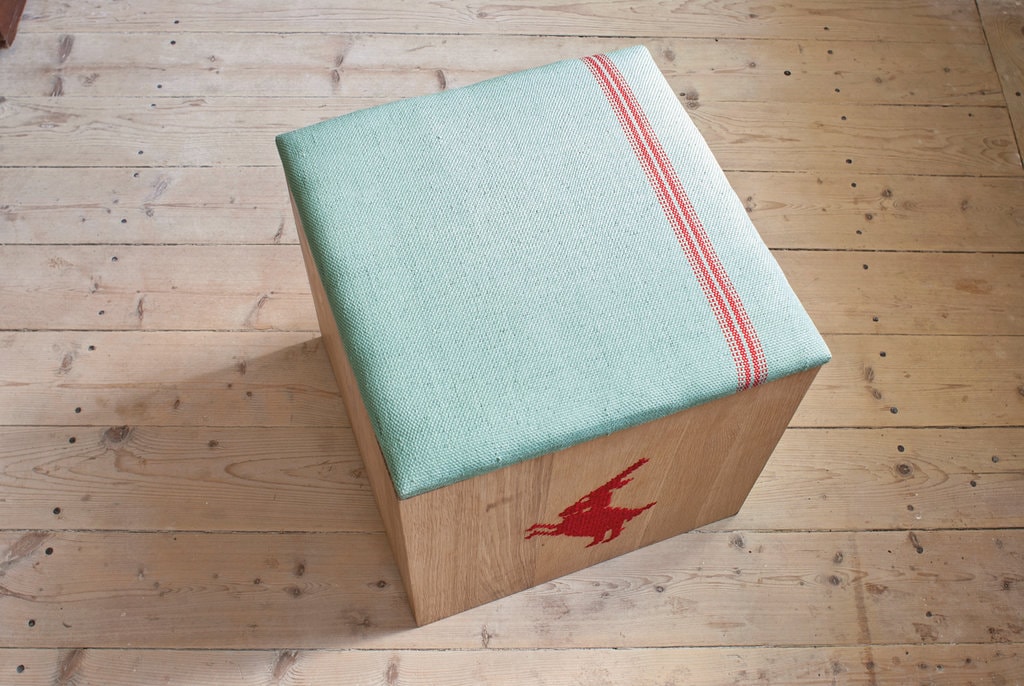
- HERITAGE
the legacy that nurtured the project
The Soxen 2.0. collection is inspired by the handicraft techniques and spirituality of the Transylvanian Saxons, expressed in collector’s items, one-of-a-kind or made in small series. The interior design objects are made using traditional woodwork and loom fabrics. They aim to draw attention to meticulously crafted details using the practical and far-sighted spirit of Saxon craft culture. They also explore the sources of Saxon aesthetic harmony and the reasons why things were made in a particular order, testing the contemporary practicality of archaic ideas, natural materials and the slow circuit of design, production and consumption (slow design). Like his grandfather, a Saxon carpenter from the village of Ormeniș, Mures, Alex Herberth has worked with wood in a sustainable way, with archaic tools and traditional joinery, wanting to show that perfection is not dependent on modern technology, but more important are patience, skill and full knowledge of the materials used. The fabrics used are also handmade by Marlene Stanciu, just like her Saxon great-grandmother from the village of Cincu, Brasov, at a loom dating back to 1808, with the typical materials for that period – hemp and wool. The process of constructing the fabric, millimetre by millimetre, is painstaking and laborious, starting with the processing of the warp and ending with the final weaving, with patience and rhythm, like a kind of ritual or meditation in which the thoughts and emotions of each day are reflected. In this way, slow design objects age beautifully and will remain as a legacy to future generations, just as their makers have received the wisdom of things made in aesthetic and practical harmony with nature.
- PEOPLE
meetings through which the project gained form
The fact that we created and produced this collaborative collection with our own hands, pooling our memories, knowledge, ideas and soul into it, makes it very special to us. We dedicate it to our grandparents, parents and neighbours in the village of Cincu, where we live, to the culture whose DNA we keep within us and to which we have both returned after years away from it. It is a personal experience of rediscovering an identity with which we resonate and through which we want to transmit the values we believe in.
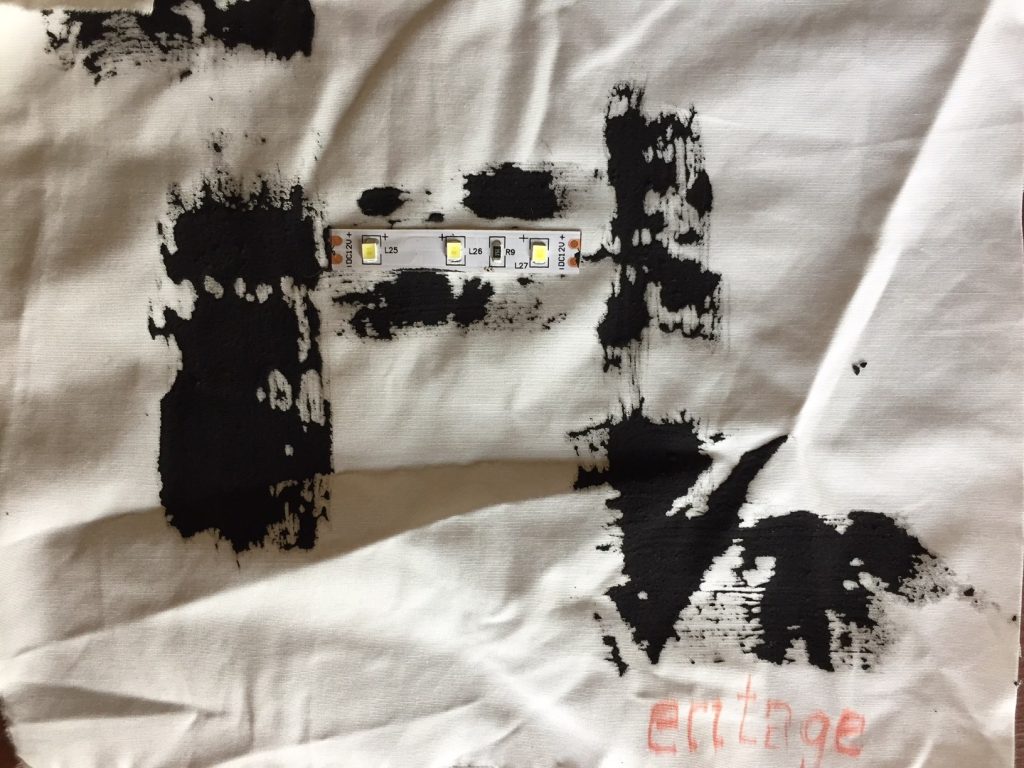
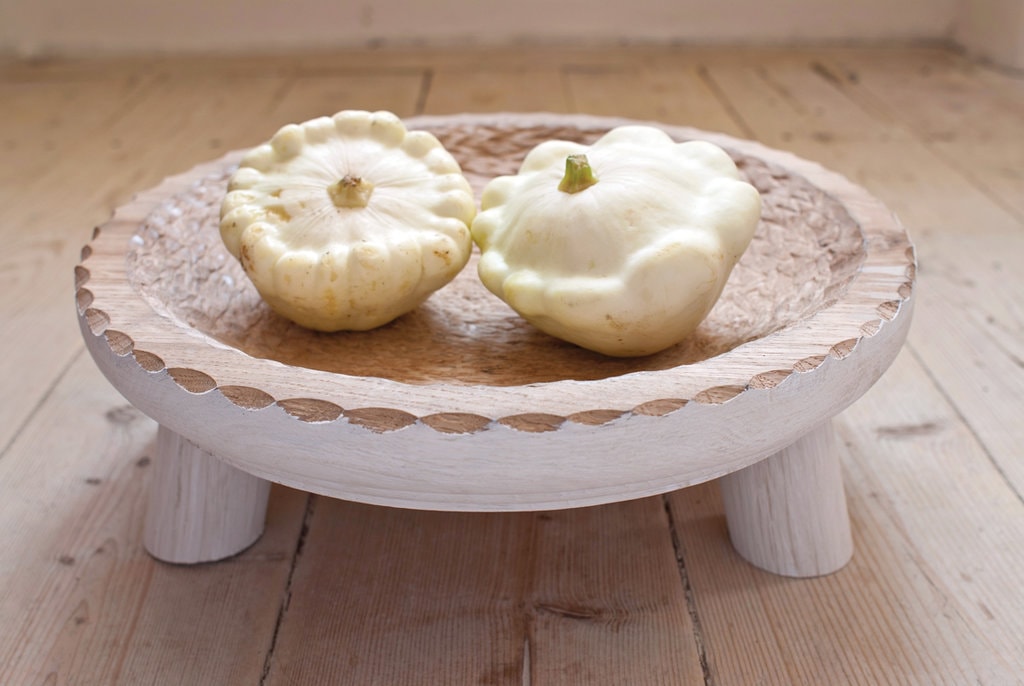
- PLACES
nests and paths that carry the project forward
This project was made possible in Cincu, Brasov county, where we live and work, inspired every day by the beauty of this place with a wonderful history and a rich and very diverse cultural heritage. Moreover, the ethnic and cultural richness of Transylvania gives our collection a special lightness in its creativity and aesthetics. The collection was presented at Romanian Design Week and at the Madrid Design Centre, as part of the Threads of Tradition exhibition.
- TOWARDS
After a first stage of researching and archiving craftsmen, stories, techniques and patterns from different regions of the country, KraftMade became a creative production studio for Romanian designers, through the hands of rural craftsmen. As a studio specialized in textiles, carpentry and slow design, we are currently building interdisciplinary collaborations, with a focus on young artists and makers, because we want to showcase the interethnic Romanian cultural heritage in an international dialogue.
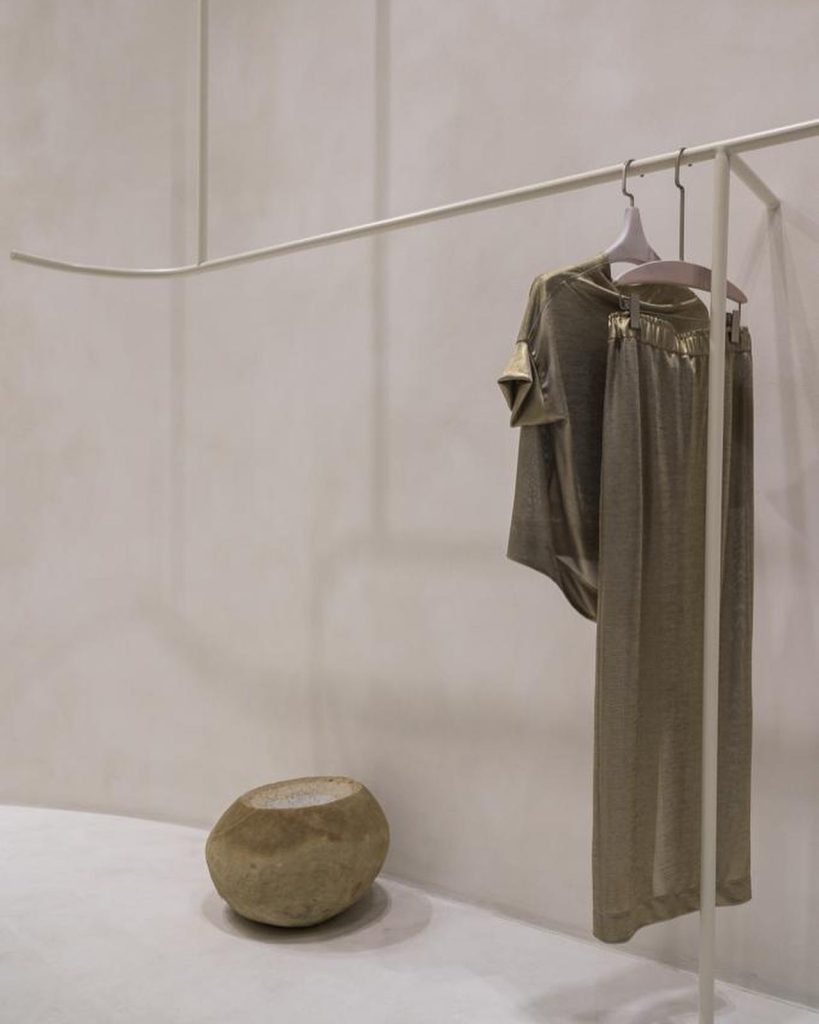
- NOUTĂȚI
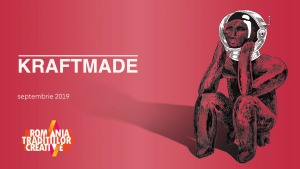
Video: Travling* – tradiții creative cu: Kraftmade
Kraftmade gândește și regândește obiecte de design interior, pornind de la tipare, calapoade și matrițe tradiționale. Dar tiparele sunt mai ales mentale, sunt cele care
